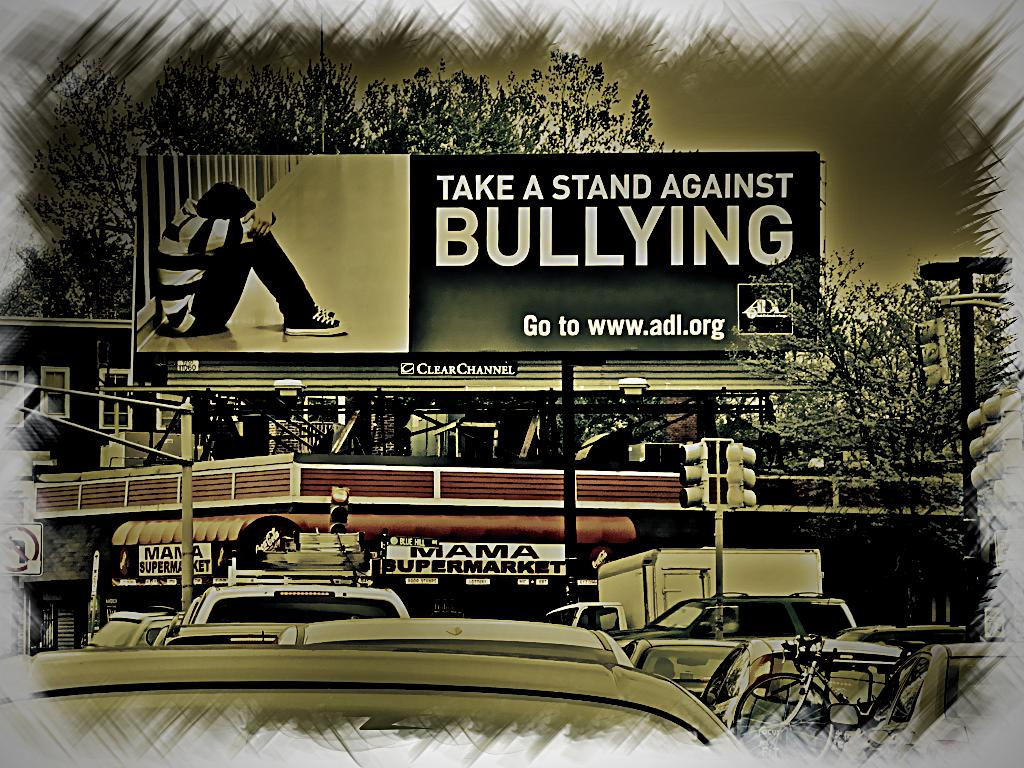Many troubled teens are violence-prone, a fact underscored by some sobering statistics. The second and third leading cause of death among adolescents age 15 to 19 are suicide and homicide, respectively. A teen’s violent tendencies can be exacerbated if other factors are at play, such as:
- Being bullied
- Drug or alcohol abuse
- Early childhood abuse or neglect
- Having seen violence in the home
- Mental illness
If you’re worried your child may resort to violence, harming others or themselves, consider sending them to a residential treatment center for troubled teens. There, they can learn to deal with emotions and interactions more productively while receiving academic support. There are also steps you can take at home, and aided by your community, to minimize the risk of teen violence.
Keep Your Teen Away From Violent Media
Do you have an adolescent whose personal history, behavioral issues or mental illness makes them prone to lashing out? If they’ve shown warning signs they may be predisposed to violence, it’s crucial you monitor their media use.
Keep your child away from horror movies and violent TV shows, such as the current glut of zombie- and vampire-themed programs as well as forensic crime shows both fictional and real-life.
Also keep your teens away from first-person shooter video games like “Call of Duty” or those with horror themes like “Resident Evil.” Researchers at Dartmouth College recently followed more than 17,000 kids aged 9 to 19 across the globe to determine if violent video games cause players to become more physically aggressive.
The results of the study were published in October 2018, with the researchers concluding there was a positive correlation between virtual and real-life violence. Kids who played games like “Grand Theft Auto” and “Manhunt” were more likely to exhibit disruptive behavior, such as being sent to the principal’s office for fighting.
Set A Peaceful Example
Children heed what you do more than what you say, so it’s important for parents to demonstrate peaceful conflict resolution. To modeling healthy communication for your kids, parents should aim for the five T’s:
- Take turns talking and listening
- Take care not to argue in front of your children
- Talk through differences, looking for compromises and solutions
- Treat one another respectfully
- Try to understand your partner’s perspective
Avoid Corporal Punishment
Studies have shown hitting children and teens as a form of discipline is detrimental. It gives kids the message it’s okay to get what you want by hitting smaller and weaker people. Also, while it can halt misbehavior in the short term, it can erode the parent-child relationship, fostering anger and resentment. This is especially the case with children who have issues with anger management and authority or mental health problem like Oppositional defiant disorder (ODD).
Instead, try correcting your teen’s behavior by:
- Allowing for natural consequences
- Discussing the problem
- Expressing your disapproval
- Rewarding and praising positive behavior
If every discussion with your adolescent child seems to spiral into chaos tinged with anger and the potential for violence, you might consider sending your teen to a behavioral modification program where they can get their issues and behavior in control. You may benefit from therapy as well to help you better communicate with your troubled teen
Teens Need Quality Time With Parents and Role Models
One of the most important ways to ward off teen violence is to ensure kids have plenty of quality time with parents and role models. Even if you’ve been at loggerheads with your teen, take time to put aside your disagreements and engage in enjoyable activities together. Also, keep the lines of communication open by talking to your teen at mealtimes, in the car and before they go to bed.
Reach Out For Community Support
Your troubled teen may also draw support from speaking with a counselor, interacting with a trusted youth mentor or engaging in group therapy with other adolescents facing similar challenges. After-school programs and athletic activities led by positive coaches can also help keep teens on the right track.
If violence is an ongoing problem at your child’s school, you can bring it to the attention of the school’s PTA, administration or psychologist. You may find them open to collective interventions such as a curriculum or assembly aimed at violence prevention.
If you and your teen are in over your heads, you may need therapeutic intervention. If you’re having difficulty sorting through all the troubled teen programs to find one that’s best for your family, contact us. At Help Your Teen Now, we have more than two decades of experience helping families find healing places for their troubled teens, something we do at no cost to parents.










0 Comments